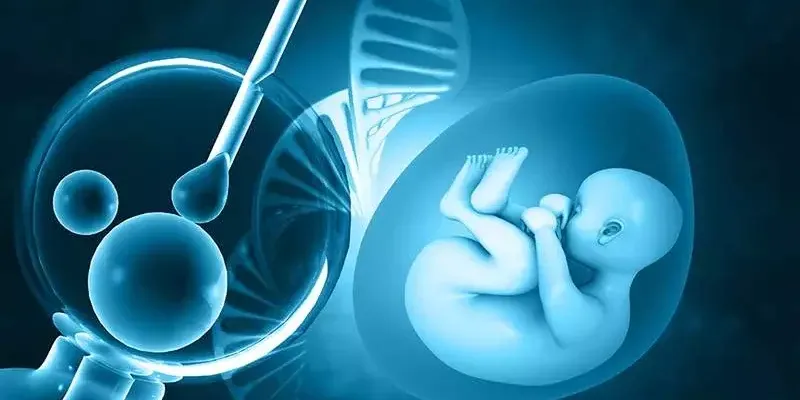Infertility is defined as the inability to achieve pregnancy despite regular and unprotected intercourse for one year.
The unit that focuses on treatment of infertility is called the Assisted Reproductive Techniques Center. Gynecologists, urologists, medical geneticians, embryologists, psychologists, biologists and nurses work in the unit, which handles the treatment of couples who cannot get pregnant through natural ways.
Considering variety of the underlying reasons, this department works in cooperation with other medical disciplines, whenever required.
Infertility may be caused by male factors, female factors or both. Male factors of infertility include low sperm count, absence of sperm in semen (azospermia), hormonal factors, varicocele and similar conditions.
On the other hand, examples of the causative female factors include obstructed Fallopian tubes, hyperprolactinemia, endometriosis, anti-sperm antibodies, polycystic ovary syndrome, low egg reserve, genital infections and adherence of intra-abdominal organs.
The first step to be taken for a couple, who presented with infertility, includes a comprehensive gynecologic exam, a comprehensive urologic exam, medical and family histories of man and woman, hormone analyses which may provide clues regarding infertility, sperm analysis, hysteroscopy, smear test and assessment of documents regarding previous trial(s) in the event that they have a history of infertility treatment.
Egg reserves of the woman are assessed with hormone tests and ultrasonography on the third day of the menstrual cycle. The first step aims to identify the exact underlying cause of the infertility. The second step starts when it is clarified that the couple is a good candidate for in vitro fertilization.
On the second stage, ovaries are stimulated with a medication to ensure maturation of follicles. Each healthy woman releases only one egg per month, but this medication aims to have ovaries release more than one egg. Follicles are monitored with ultrasound scan and another medication is administered to release the egg from the follicles after they reach a certain size.
The last phase of this stage is oocyte pick-up (egg retrieval) under sedation or local anesthesia.
The eggs retrieved from the woman are fertilized with sperms in laboratory, if there is no problem regarding motility, morphology or count of sperms. If any problem is detected in sperms, it is necessary to transfer sperm of the man into the egg with a very thin needle in order to ensure the fertilization.
In both cases, resultant embryos are assessed by an embryologist and healthy embryos are selected. If there are more healthy embryos than needed, embryos are frozen and stored for future attempts.


